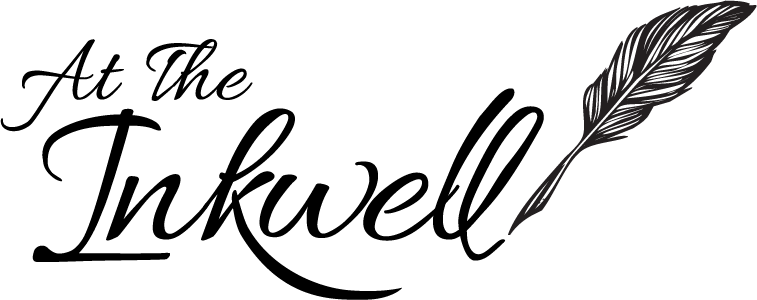Cherokee Road Kill
Cherokee Road Kill
Celia Bland by Celia Bland, Dr. Cicero Books, $15.00
What if the people you come from were from warring tribes, colonizer and slave, the indentured and the human trafficker? What if your own origin myth is one of violence and clash? This is the territory of Cherokee Road Kill, brave poems by the courageous, spiritually enlightened and linguistically acrobatic poet, Celia Bland.
In these poems Bland dares to go there. To the taboo places like Maw Maw’s closet where “flesh colored stockings dangling four garters,” to a “refrigerator “broke so long/ago, her bologna’s coated with maggots,” to her inherited “house wracked with ringworm, pocked by woodpeckers,” to “this was before he killed her.”
Bland, who runs international workshops for the Bard Institute for Writing and Thinking, explores the genesis and exodus of her blood ancestors and family in these poems and shies away from no dark corner, not the correctional facility, the “emptiness that follows an assault,” nor even the dreaded and frankly illegal-for-a-white-girl-to-utter, “n” word. But then maybe Bland isn’t a white girl. Maybe she is Cherokee and black and Asian and everything. This feels like the thesis here. Blood is complicated. Blood takes you down roads you may not want to see in the light of day.
These are poems where people they discover their beginnings, they get hurt, they come after one another, they die. Further, the poet, who separates her volume into two parts, both of which parse the origins and substance of various ghosts, and in part II explores a prison landscape and culture, also considers here the many ways you can live before you die. In “Before the Abortion” a woman considers how she became pregnant: “It was as if a door opened and a child ticked in/infinite change/without her consent”….and “a baby took root.”
In Red is In/White is Out, we learn about prison rules from the forbidding of “mesh sneakers” and Chapstick to denim and “cleavage Swag Bags” as well as other collages of ordinary things.
Because I am not up on the names of Western North Carolina counties, I had to look up a list from the end of the poem “Bird Bone”: “Swain, Polk, Buncombe, Rutherford..” etc., and learned that these are home to native people and black people, descendants of both slaves and colonizers. A soupcon of history’s tragedies. To read this book is to walk across both a map and a cemetery, and through a prison in between.
I have been an admirer of Bland’s poetry for a good long time, and actually own a copy of her mammoth (as in size) collaborative art book-cum-poetry experiment with artist Dianne Kornberg, Madonna Comix, but this volume truly demonstrates the breadth and reach of this poet. Both back and time and into the heart of language itself, where she finds “moments where the soul no longer calls/the moments of answer.” What I found here was a raw and untamed apocalypse of beauty and an exploration of identity.
An added bonus is the inclusion of the whimsical and boldly geometric pen-and-ink drawings of artist Kyoke Miyabe. They are like doodles on steroids and complement the sometimes dark and death exploring poems with a lighter touch, an airy counterpoint
Elizabeth Cohen teaches creative writing at SUNY Plattsburgh and through Gotham Writer’s Workshops in New York. She is the author of The Hypothetical Girl, a collection of short stories, The Family on Beartown Road and four books of poetry, including What the Trees Said. She lives in upstate New York with her daughter, Ava, and way too many cats.


